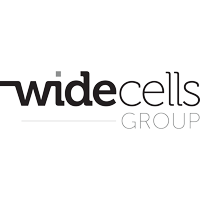The creation of artificial embryos has moved a step forward after an international team of researchers used mouse stem cells to produce artificial embryo-like structures capable of ‘gastrulation’, a key step in the life of any embryo.
The team which is led by Professor Magdalena Zernicka-Goetz at the University of Cambridge, previously created a much simpler structure resembling a mouse embryo in culture, using two types of stem cells — the body’s ‘master cells’ — and a 3D scaffold on which they can grow.
Widecells Group (LON:WDC) are leading a transformation in cord blood banking and stem cell treatment; making cord blood banking more accessible through insurance coverage, and increasing the availability of cord blood for transplants.


